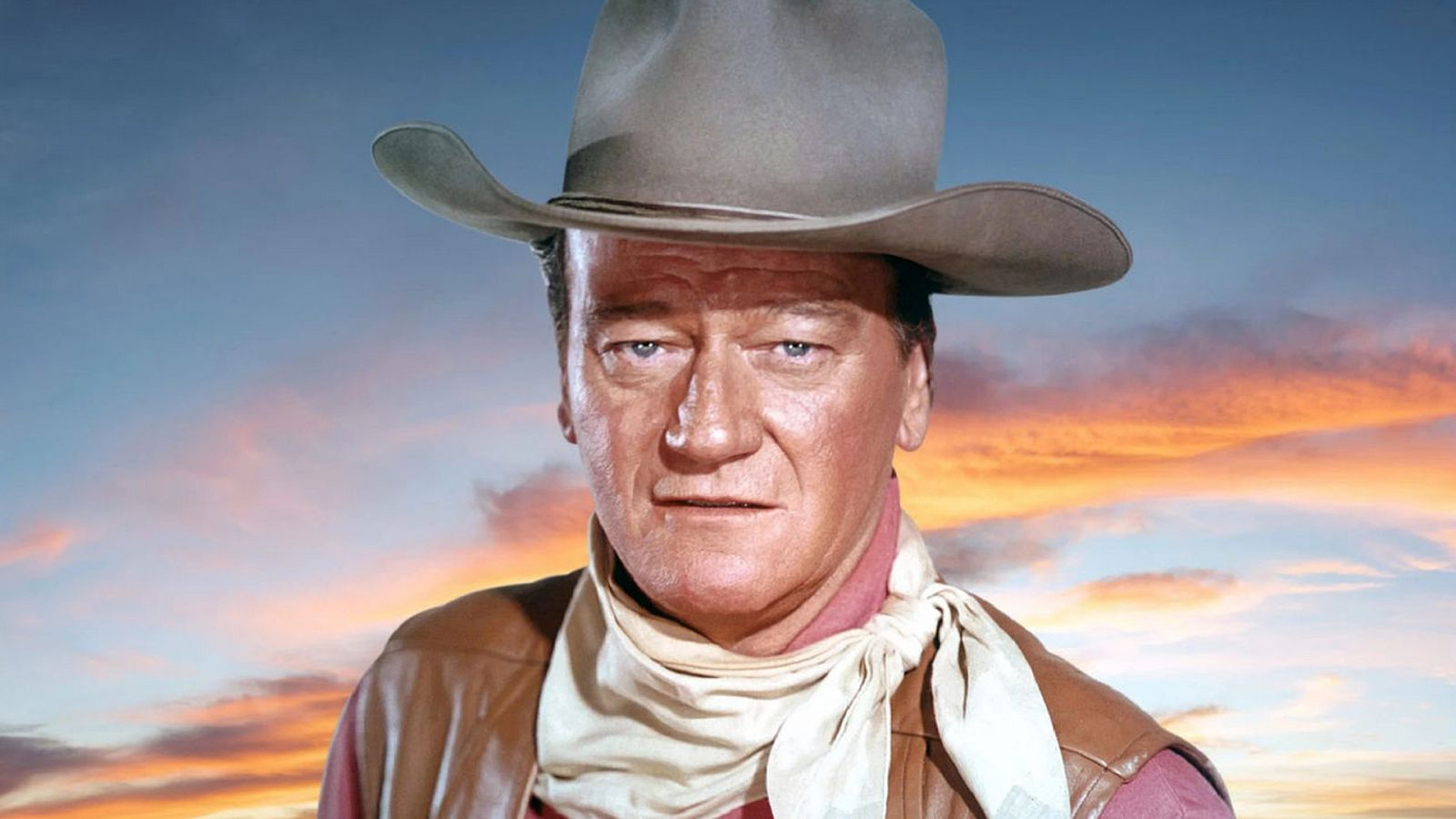 [Source](
[Source](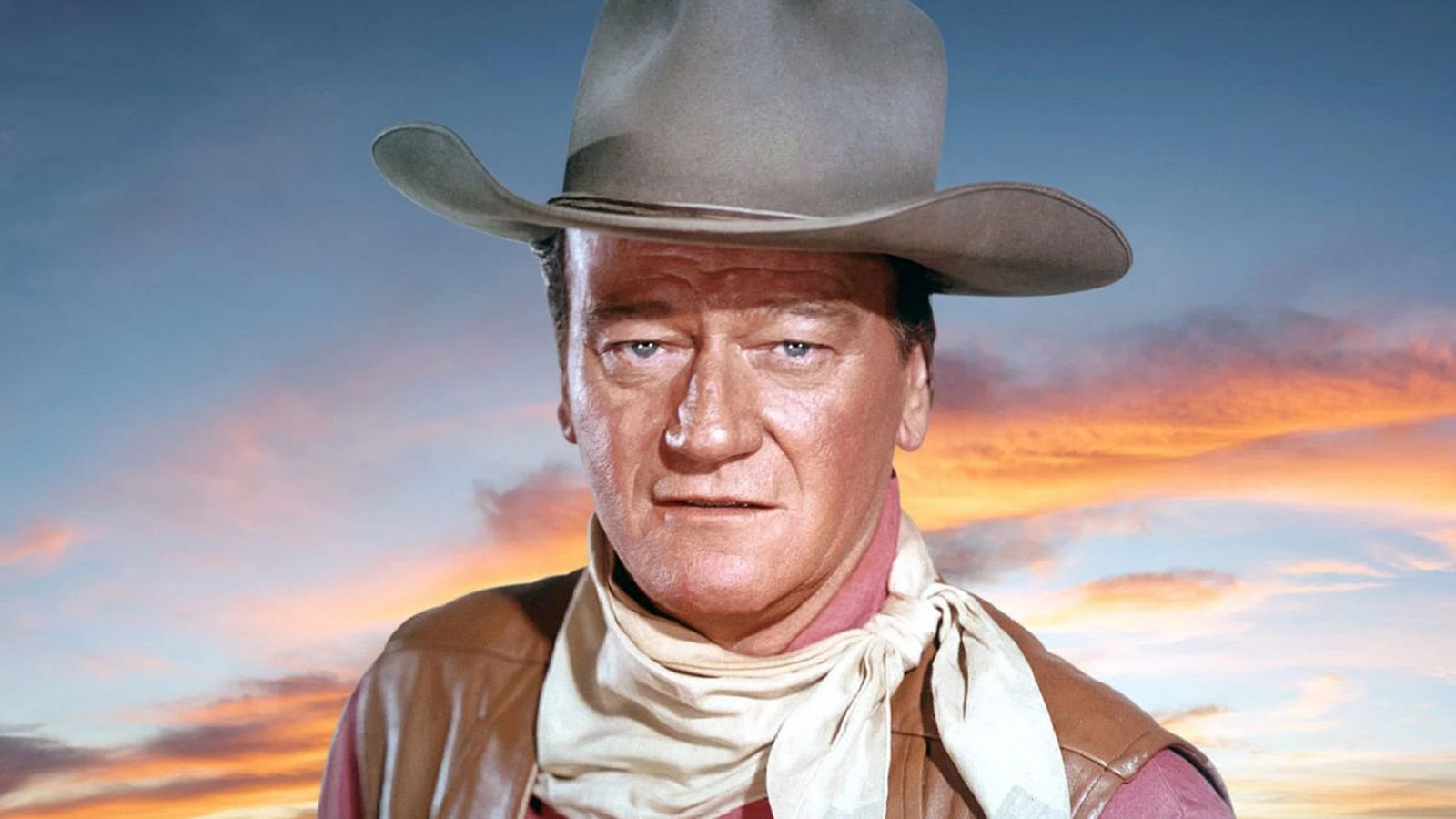)
Greetings, friends of Cinetv. Surely many who write content for this community won't remember this actor, but those born in the 60s, like myself, enjoyed his films. It was in the 70s that his career was consolidated, where his image remains in our memories as one of the tough guys of Western and war films, alongside other actors such as Clint Eastwood, Lee Van Cleef, Henry Fonda, and Charles Bronson, to name a few. John Wayne, eternal cowboy, soldier, and hero of the screen.
Saludos amigos de Cinetv. Seguramente muchos que escriben contenido en esta comunidad no recordaran a este actor, pero los nacidos en los 60 como yo, disfrutaron de sus películas eran los años 70 donde su carrera se consolidó, donde su imagen quedo en nuestras memorias como uno de los duros del cine western y el cine bélico junto a otros actores como: Clint Eastwood, Lee Van Cleef, Henry Fonda y Charles Bronson por nombrar algunos. John Wayne, eterno vaquero, soldado y héroe de la pantalla.
This tough, veteran actor, who died of cancer in 1981, perhaps never imagined seven years earlier when he decided to film The Conqueror that he was accepting a death sentence, since it was supposedly during the filming of that production in which Wayne, according to critics, played one of the most ridiculous roles of his entire career, portraying Genghis Khan when he contracted the terrible illness that would cost him his life.
Este recio y veterano actor quien murió de cáncer en 1981 quizás nunca imaginó siete años antes cuando decidió filmar la película el conquistador que estaba aceptando una sentencia de muerte, ya que supuestamente fue durante el rodaje de esa producción en la cual Wayne según los críticos hizo uno de los papeles más ridículos de toda su carrera al representar a Gengis Kan cuando contrajo el terrible mal que le costaría la vida.
Is it possible that filming a movie about the life and exploits of Genghis Khan in the Yuta Desert could have caused cancer? According to the author of the book, the day we bombed Yuta, it is possible. Scientists and lawyers have argued for decades whether radioactive fallout carried eastward by the wind from the plains where nuclear tests were carried out in the 1950s and 1960s could have caused epidemic cancer. They argue that it could have, citing as an example the case of the filming of the movie "The Conqueror," shot on the plains and deserts near Saint Georges in Yuta in 1954.
¿Es posible acaso que filmar una película sobre la vida y hazañas de Gengis Kan en el desierto de Yuta pudo provocar cáncer? Según lo afirma el escritor del libro, el día en que bombardeamos yuta sí es posible. Científicos y abogados han discutido por décadas si las precipitaciones radiactivas llevadas por el viento hacia el este desde las vegas donde se realizaron pruebas nucleares en los años 50 y 60 pudieran haber causado cáncer epidémico, con abundante y bien documentada información sostienen que sí y como ejemplo cita el caso del rodaje de la película 'el conquistador' filmada en las planicies y desiertos cerca de Saint Georges en yuta durante el año 1954.
Before filming began, both Wayne and the director knew of rumors that radioactive clouds from atomic tests had passed over the dusty lands where they were going to film, simulating that the action was taking place in Asia. Many of the actors and actresses were also aware of this, but apparently did not pay much attention, especially after the government, through the Atomic Energy Commission, assured them that the possible danger of radioactive waste, if it existed, had disappeared by 1954.
Antes de comenzar el rodaje tanto Wayne como el director sabían de los rumores de que por esas polvorientas tierras donde iban a filmar simulando que la acción ocurría en Asia habían pasado nubes radiactivas provenientes de pruebas atómicas, muchos de los actores y actrices también estaban enterados, pero aparentemente no hicieron mucho caso especialmente después que el gobierno a través de la comisión de energía atómica les aseguró que la posible peligrosidad de residuos radiactivos si es que existió había desaparecido para 1954.
During the filming of the movie, with spectacular action scenes in which the actors were constantly enveloped in clouds of dust or falling into the arena fighting, they were exposed to at least the effects of the plutonium still active in that dust. Those who rolled around in the sand, swallowing and covering themselves in dust, breathed it in. It got into their eyes and ears, and lodged in their hair. It may have been nothing more than a coincidence, but the first to die of cancer was the director, then the film's lead actress, then the villain actress, Wayne himself, who played the role of Genghis Khan, and eventually 90 other actors and crew members.
Durante la filmación de la película, con espectaculares escenas de acción en la cual los actores se veían constantemente envueltos en nubes de polvo o caían en la arena peleando, estuvieron expuestos por lo menos al efecto del plutonio todavía activo en aquel polvo. Quienes rodaron por las arenas tragando y cubriéndose de polvo lo respiraron se les metió por los ojos y oídos alojándose también en el pelo puede que no fuese más que coincidencia, pero el primero en morir de cáncer fue el director, luego la actriz principal del film después la actriz villana el propio Wayne quien hacía el papel de Gengis Kan y eventualmente otros 90 actores y técnicos.
Involved in the production, the matter was settled in the United States courts. The defense argues that all those who died of cancer supposedly caused by radioactive waste at the Yuta Arena were also heavy smokers, and that could have been the cause. However, it is difficult to hide evidence such as that of thousands of sheep that died after the atomic tests precipitated a radioactive cloud over their snowy pastures, or that of a two-year-old baby who suffered severe burns in her own home, dying of leukemia. It would be impossible to prove that atomic tests caused all the deaths we have referred to, but the evidence seems to indicate that they did, and that actor John Wayne died of stomach cancer in 1979. Until further contact.
Envueltos en la producción, el asunto se dilucidó ante los tribunales de los Estados Unidos. La defensa argumenta que todos los que murieron de cáncer supuestamente causado por residuos radiativos en la arena de Yuta eran también fumadores empedernidos y eso pudo ser la causa, pero resulta difícil ocultar evidencia como la de miles de ovejas que murieron después que los ensayos atómicos precipitaron una nube radiactiva sobre sus pasturas en nevada o el de una bebé de solo dos años quien sufrió graves quemaduras en su propia casa, muriendo de leucemia. Sería imposible demostrar que fueron las pruebas atómicas las que causaron todas las muertes a que hemos hecho referencia, pero la evidencia parece indicar que sí fue así y que el actor John Wayne murió de cáncer en el estómago en 1979. Hasta un próximo contacto.

)

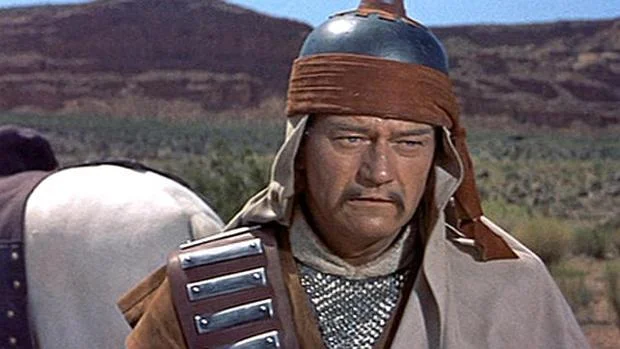 >
>
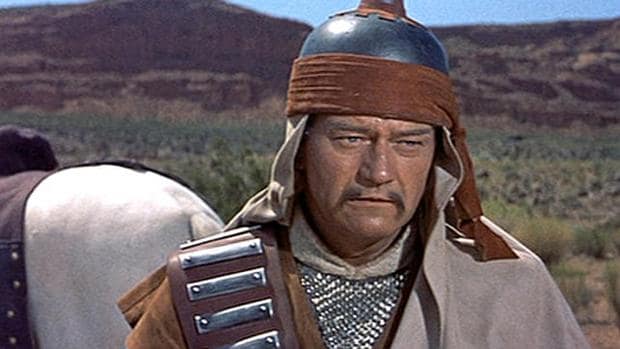)
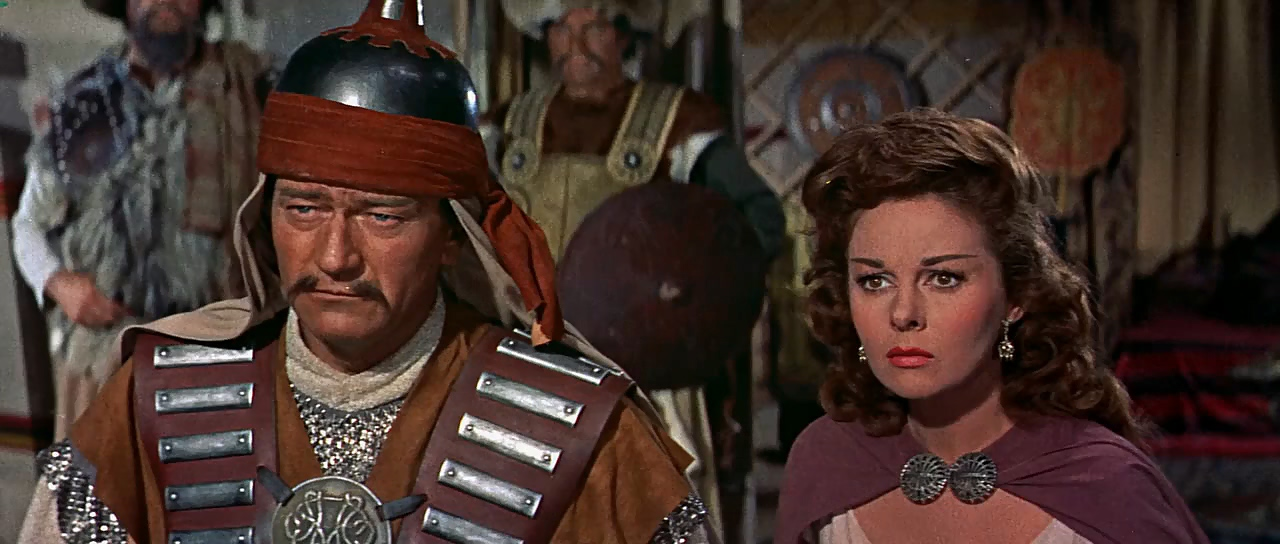
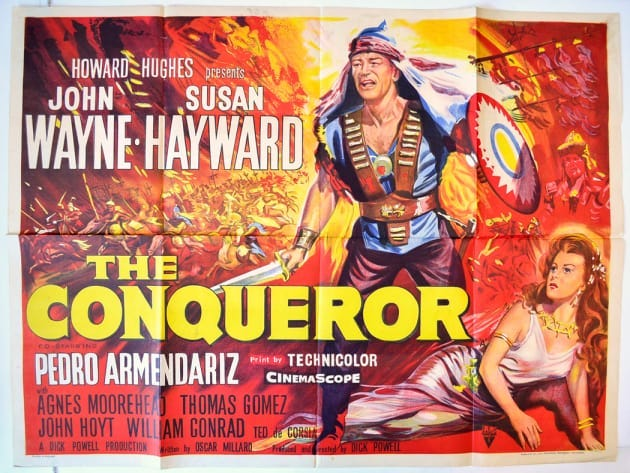
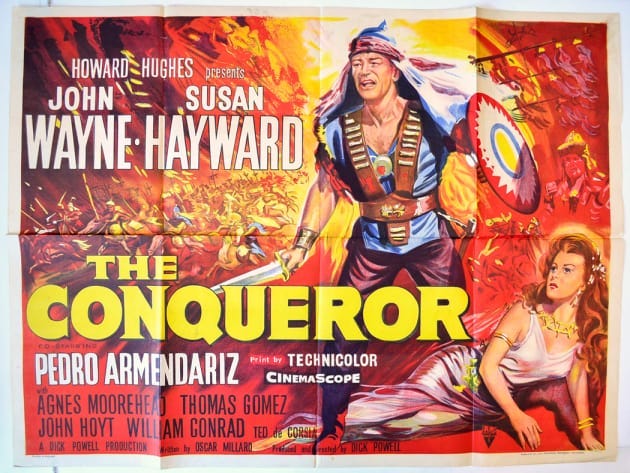)
